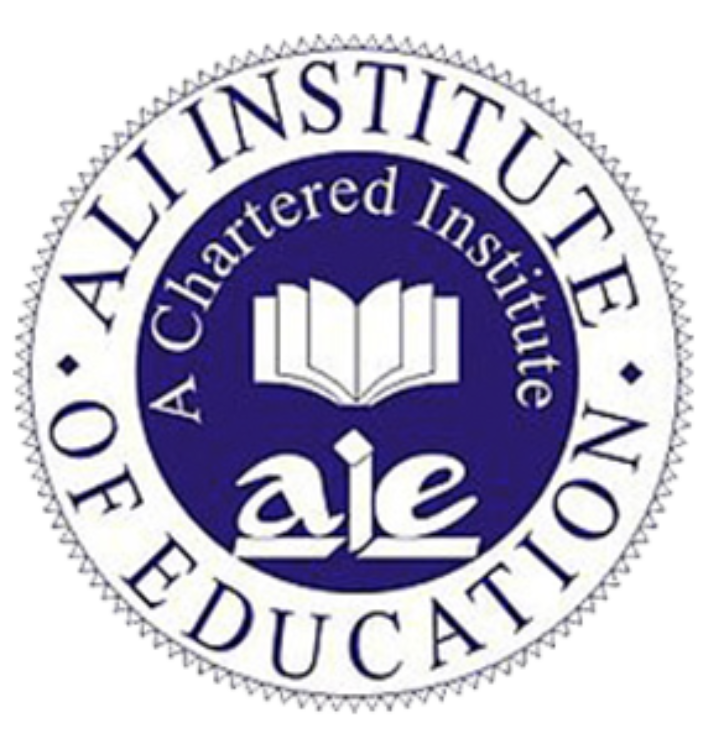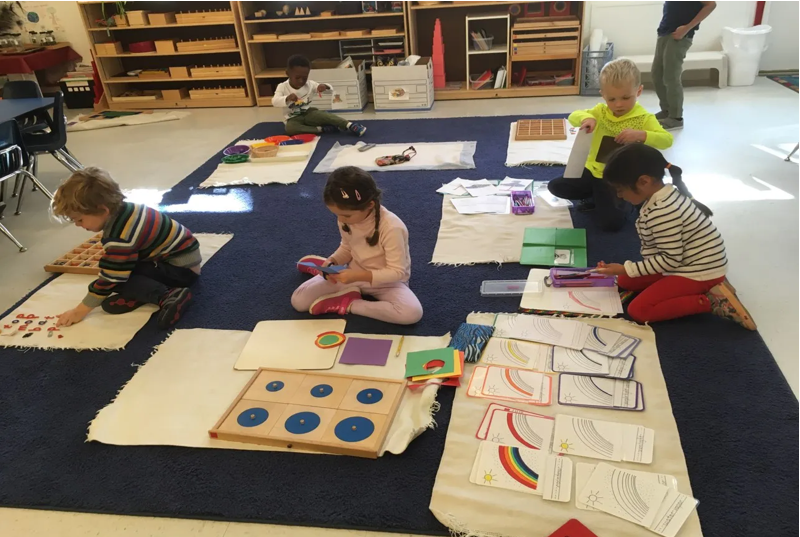The Montessori educational method focuses on children through a specific curriculum. It allows students to build independence and learn with their hands while honouring their psychological growth naturally.
This complete guide demonstrates what makes Montessori education separate from traditional classroom methods while revealing its techniques for developing confident users of their learning environment.
We will provide the complete insights about Montessori education principles and enduring advantages, which will be valuable for parents and educators as well as anyone curious about the Montessori method of education.
Understanding the Unique Features of Montessori Education
What is Montessori education? Montessori education, named after the founder—Dr. Maria Montessori, from the early 20th century, brought a significant departure from the conventional way of schooling.
If children are successful, they can develop a love of learning in the Montessori classroom, the climate of which is based on the principles of several factors. What are some of the features that set Montessori education apart? Read below!
Child-Centered Philosophy
One of the many unique aspects of education Montessori is that it is based on a deep respect for the individual child. For Montessori educators, respecting their students’ individuality is completely unlike adhering to the other traditional models of education that thrive on standardized instruction. They observe and understand every child’s interests, strengths, and developmental needs to ensure that the approach is adapted in a one-to-one relationship.
This individual attention gives a sense of belonging and provokes the child to take more ownership of the learning.
Prepared Environment
Students find their freedom to explore while following rules in perfectly set up Montessori learning spaces
Every classroom element serves to foster independence and student-based discovery in line with Montessori teaching concepts. Why Montessori education? The classrooms have been designed to help children learn and develop even more with the help of versatile materials that correspond to the diverse areas of development: practical life, sensory, language, math, and cultural studies in a hands-on form.
It is a dynamic learning laboratory environment, giving the child freedom with concepts to explore and engage at his very own pace.
Self-Directed Learning
The Montessori education has a reliable faith in the fact that children are motivated to learn and to inquire into the world around them. In the Montessori classroom, the teacher is not a lecture giver; she guides children to find out things for themselves and solve problems through their efforts.
It also allows the children to choose the kind of activities and Montessori educational materials that arouse their interest and passion. An identity of freedom instills responsibility and self-discipline as the children learn to distribute time and make choices consistent with learning goals.
Multigenerational Learning
What makes Montessori different is that in Montessori rooms, there are a variety of mixed-age groupings where children coexist and learn in an assisted, collaborative environment.
The multi-age people environment in such groupings inspires peer learning, mentorship, and social and emotional growth. Besides, this group setting allows younger children to learn from older peers while older children consolidate their knowledge by leading and helping younger peers.
Education Montessori, therefore, is an inclusive approach that brings out empathy in students toward acting together. In addition to academic learning, the Montessori method of education emphasizes developing practical life skills, focusing on the special features of the Montessori approach.
Students Participation
In Montessori education, utmost consideration is given to everything, including the classroom structure, the assortment of materials, and more, with the target being self-initiation and independent learning.
Every educational and play material is purposefully chosen for its activity-related learning process, with self-correcting properties, which will foster the development of critical thinking in children at home.
Such an appropriate setting emphasizes self-discovery and exploration, the key features of the unique teachings in the Montessori system.
Individualized Pace of Learning
One of the many features of Montessori education is that it insists on being devoted to the individual needs of all children and fulfilling their uniqueness.
Contrary to the conventional methods of teaching, where the curriculum and schedules are laid out clearly by the teachers, the Montessori teachers evaluate each child’s progress and readiness level to provide personalized lessons and materials.
Children are not confined to the prescribed topics set for the academic level; they move to more complex issues once they seem very familiar with them. It also guarantees that each child gets the help and encouragement they need to be better versions of themselves.
Pros And Cons of Montessori Education
Pros of Montessori Education
Child-Centered Learning
Kids learn at individual levels which develops their independence as well as self-assurance.
Hands-On Learning Approach
Student learning at Montessori institutions includes Montessori educational materials because they make complex ideas easier to grasp.
Independence and Responsibility
The educational environment enables students to select their course of direction, find solutions to problems, and accept responsibility for their daily choices.
Focus on Holistic Development
A fundamental aspect of the Montessori method exists in developing students at every level – socially and emotionally, as well as mentally and physically.
Mixed-Age Classrooms
Through peer interaction between children of different ages both groups acquire knowledge because older children instruct the younger students.
Near to NO Competition
The absence of competitive pressure in education Montessori environments leads to team-building opportunities between students and natural internal motivation.
Cons of Montessori Education
Lack of Structured Curriculum
The open structure might prove problematic to students who need planned organization along with measurable academic standards.
Limited Standardized Testing Preparation
Traditional assessment systems fall out of alignment with Montessori schools because these institutions apply minimal focus to standardized testing.
Teacher-Dependent Quality
The results depend greatly on both the teacher’s training level and teaching experience.
Higher Costs
The Montessori method of education costs more than regular public schools because it needs unique teaching resources and specialized course costs.
Availability and Recognition
Montessori educational facilities remain limited as they are absent from certain areas, and both the establishment system and practice systems may lack full accreditation or authentic adherence to Montessori principles.
Conclusion
So now you have got your answer of What is Montessori education, advantages, disadvantages, and also what makes it different from traditional classrooms.
Montessori education defends a comprehensive learning model that involves mental, emotional, social, and physical areas of the children’s lives.
At Montessori schools, students acquire independence along with self-directed learning and practical skills, which develop curious and confident young people for global challenges. Educators and parents, alongside students, continue to adopt Montessori principles while Dr Maria Montessori’s educational breakthroughs inspire modern educational practices.

